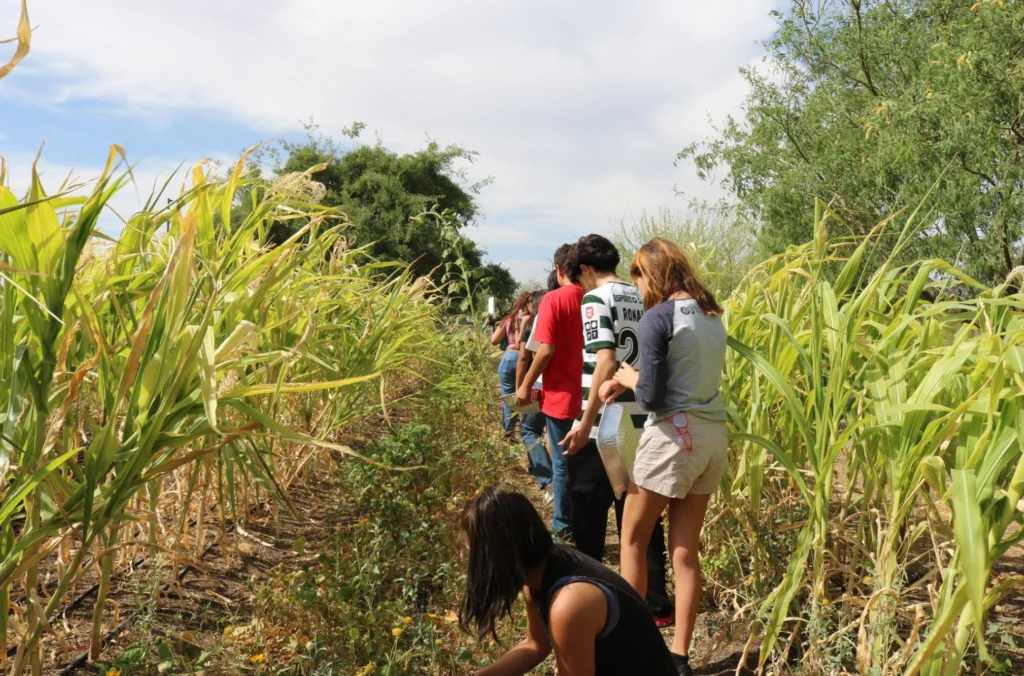Overview
2025 Fellowship starts March 10th and runs through June 26th
● Sessions are every 2nd and 4th Thursday of the Month
● 4:00PM – 7:00PM
● Meetings at the Community Food Bank and other field trips across Tucson
Build your knowledge of:
● Historical and systemic barriers to food equity
● Exploring community-based solutions with other local organizers/organizations
● Engaging in social leadership skills
● Advocating for sustainable food systems and policies
Benefits:
● Stipend: $1,125
● Field trips!
● Connect with youth who have similar interests
● Mentorship & leadership skills from local leaders
Want to learn more? Attend our info session!
● February 7th from 4:00PM – 5:30PM
● Community Food Bank: 3003 S Country Club
● Register here: https://bit.ly/40pRCzj
Limited spots available—sign up now through Wednesday, February 12th! Questions? Email: dojeda@communityfoodbank.org or epena@communityfoodbank.org



About the Fellowship
Sowing Remedies is an interdisciplinary fellowship designed for youth to develop leadership, capacity-building, and advocacy skills to address the root causes of hunger and other systemic challenges impacting their communities.
During the fellowship, our fellows learn about the historical and systemic barriers to food equity, explore community-based solutions with local Tucson organizations and organizers, and engage in social leadership practices to advocate for sustainable food systems and policies rooted in culture, belonging, and justice.
Our fellows participate in relational practices, public speaking activities, community engagement, project ideation, urban farming, and power and oppression training to develop the confidence and capacity to drive social change in their communities.

Our Approach
Using popular education methodologies, we facilitate sessions that encourage our fellows to harness their existing knowledge, skills and experiences to address the systemic challenges that disproportionately impact their communities.
Popular education is a praxis that emphasizes shared power and participatory leadership. Through this approach, fellows engage in the understanding that everyone has something valuable to contribute and that inclusive spaces have the potential to facilitate meaningful dialogues and form lasting relationships for social transformation. Popular education models bring the focus back to the people because it values and respects people as their own experts and equips people to define their own struggles and make their voices heard to achieve change.

After the Fellowship
Fellows will be able to understand the systemic root-causes of hunger, identify
community-based solutions that respond to food insecurity, learn how to coordinate local
community engagement efforts and feel confident in relational practices that establish trust and
relationship-building to advocate for food security and other social justice issues.
Our 2024 cohort was represented by 10 students from local high schools, primarily in South Tucson. Our fellows came from multicultural backgrounds and historically marginalized identities. Fellows were selected because of their interest, participation, and commitment to learn more about food justice, sustainable gardening and farming, community organizing, and more.



